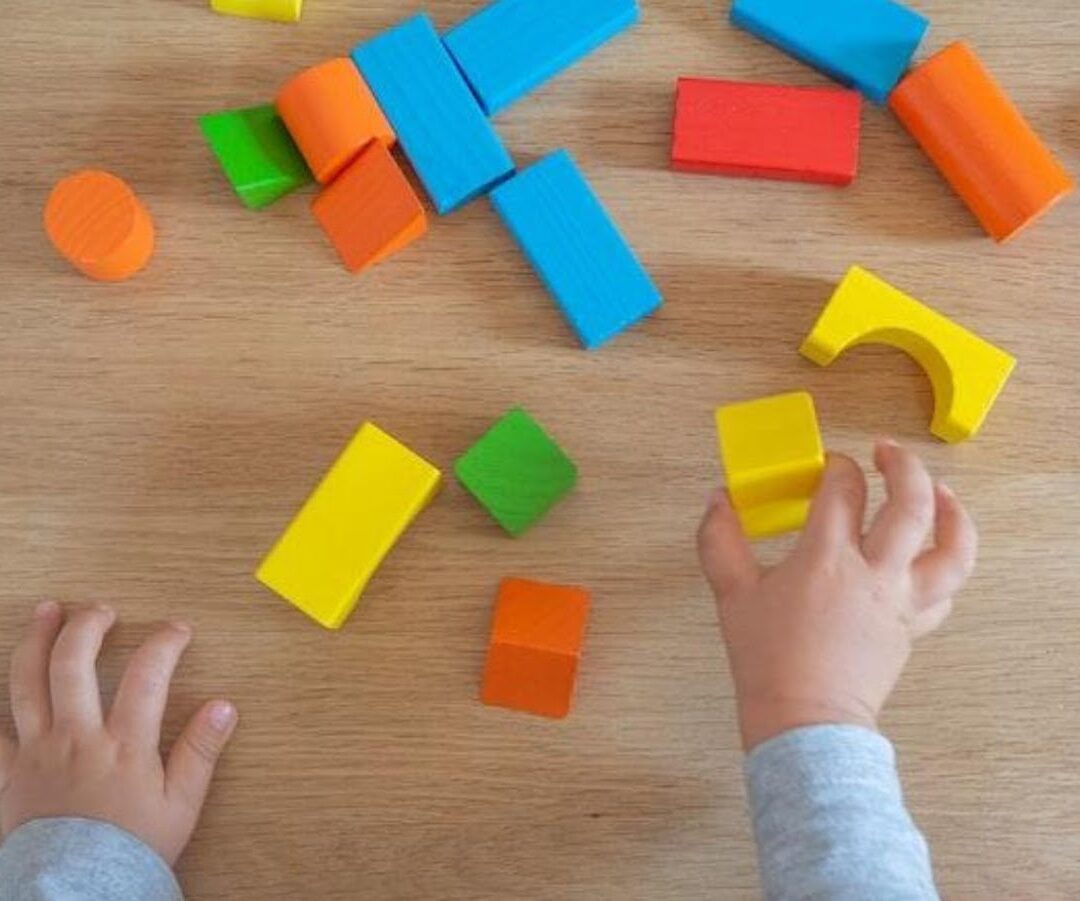Studying math with pre-grade kids can be a challenging task for parents and teachers. With so many different methods and techniques for learning math for kids available, it can be overwhelming to know where to start. However, the right approach can be a fun and rewarding experience for both a child and their teacher. Here are six tips to help you teach math to pre-grade kids and set them up for success in the subject:
Start Early
Starting early to help kids learn math is crucial for their future success. The earlier you start teaching your child math for pre-grade, the better. Early development lays the foundation for more advanced mathematical concepts and helps children develop critical thinking and problem-solving skills.
Even if your child is still in preschool, you can begin teaching them basic math concepts and principles, such as counting, addition, subtraction, and shapes. Hands-on activities and manipulatives will make the process more enjoyable. Starting early and providing regular support and guidance can help your child develop a strong foundation in math and succeed in the subject.
Try EdTech
There are excellent educational platforms that help kids learn math. They include online math games, apps, and the finest math learning websites that can be fun and engaging for kids and help make learning math more interactive.
Other options include online math tutoring or learning programs that can provide personalized instruction and feedback to help kids learn independently. Many of these tutoring learning programs are tailored to specific age groups and math levels, so you can find ones that are just right for your child.
Make It Fun
Learning math doesn’t have to be boring. The more fun and engaging the activities are, the more likely a child is to enjoy and retain the information. Try incorporating games and puzzles into math lessons to make learning more enjoyable.
Music, songs, and rhymes help children remember math facts and concepts. Get creative and make up your fun math activities and games to keep kids engaged and motivated. With this approach, your kids will start learning pre-grade math with ease and excitement.
Use Real-life Examples
Math is all around us, and there are plenty of opportunities to incorporate math into your child’s daily life. Kids learn best when they can relate the concepts they are learning to life situations. Use real-life examples to help pre-grade kids understand math concepts and the ways they are applied in the world around them.
For example, have the child measure ingredients and calculate the proper amounts when cooking. When grocery shopping, ask the kid to help with budgeting and calculating prices and discounts. You can also encourage youngsters to connect math with their interests or hobbies.
Practice Regularly
Consistent practice is key to helping pre-grade kids learn and retain math concepts. Regularly review and practice what a kid has learned to help them build their skills and confidence. Please encourage your child to practice math skills regularly through homework, flashcards, worksheets, or fun math games.
You can also set aside regular but spaced times for math practice. It could be a daily homework session, a weekly review session, or a monthly math challenge. Thus, children develop a routine and make math practice a regular part of their daily or weekly schedule.
Be Patient
Pre-grade kids may not understand or master math concepts immediately. One way to help a child learn math with patience is to break down complex concepts into smaller, more manageable ideas. The approach can make the material more accessible for a child’s understanding and help prevent frustration.
Encouraging your child, praising them for their efforts, being there to support them, and answering any questions they may have are the best strategies to help kids learn math with ease. You should be patient and provide support and guidance as a child learns and progresses.
Conclusion
Studying math with pre-grade kids can be a challenging but rewarding task. Teaching them math is about starting early, making it fun, and providing plenty of practice opportunities. Following these tips can help your child develop a strong foundation in math and set them up for success in the subject.





